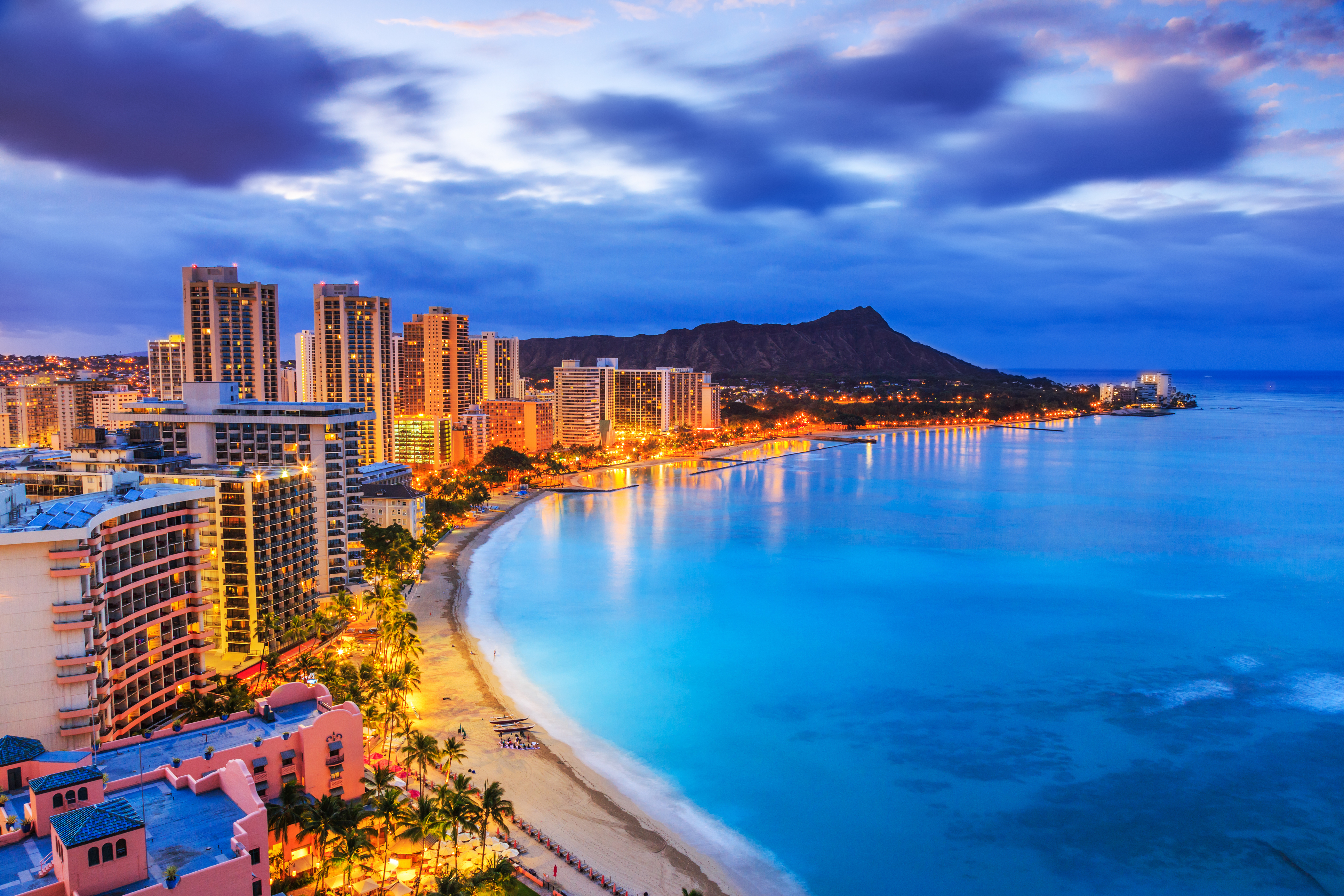Who is financially responsible for the effects of climate change? In a hyper-simplified legal sense, the federal government sets guidelines or standards for the energy sector. State-level legal disputes against fossil-fuel companies are sometimes dismissed because the plaintiff is actually fighting with energy regulations, not individual oil companies.
This legal landscape could be changing, catalyzed by a lawsuit in Hawaii. Are Big Oil companies about to be bombarded with lawsuits similar to what Big Tobacco companies were in the late 1990s?
Let’s say a flash flood washes away my bicycle. I would not get very far in court if I tried to sue Exxon to pay me to replace my bicycle. It would likely be a legal step too far if I alleged that Exxon directly caused climate change, which directly caused the flood that took my property. However, if I could prove Exxon failed to disclose internal research revealing a high probability that property in my neighborhood was more likely to flood as a delayed consequence of burning their oil, would the legal landscape change?
Hawaii is currently preparing for a legal battle against fossil-fuel companies that allegedly concealed climate science findings and deceived the public. The Honolulu Board of Water Supply argues that a few specific fossil-fuel companies “engaged in a decades-long campaign of deception to discredit climate science and sow doubt in the mind of the public that fossil fuel production was harming the planet.” (Honolulu Civil Beat, https://bit.ly/3uCz1jr)
CleanTechnica further explains (https://bit.ly/37eRdqF): “Under the current emissions trajectory, [Hawaii] is threatened by more than 3 feet of sea-level rise within the century, which could put more than $19.6 billion of land and infrastructure at risk. As the lawsuit charges, these impacts were not inevitable and were exacerbated by the fossil-fuel companies’ deliberate decisions to hide findings and sow public mistrust in climate science to prevent action to address climate change.”
In an early 2022 court ruling, a Hawaiian state judge allowed the city and county of Honolulu to proceed to trial in state court with a lawsuit seeking damages from Exxon Mobil, Shell Oil and Chevron for flooding, extreme weather and sea-level rise (https://bit.ly/3EdK6KZ).
“Large oil corporations have continued deceptive and reckless behavior despite knowing about the overwhelming threat to public health and climate change created by their fossil-fuel products,” states Honolulu City Councilmember Radiant Cordero. “Their behavior demonstrates how large corporations value their own profit over public health and safety. They will be held accountable.”
This is a notable legal matter because Hawaii Circuit Court Judge Jeffrey Crabtree ruled that these oil companies should answer these accusations in court in Hawaii. He did not throw out the suit and say, “Take it up with the federal regulating agencies.” Moving a lawsuit such as this from a state court to a federal level is the desired outcome for oil companies, as this has been a successful path for them.
Thirteen other U.S. jurisdictions filed similar climate change damage cases, but the lawsuit in Hawaii is the first one allowed to move into a trial phase.
The reason this is a closely watched trial is that Hawaii can now go into the legal discovery process. Oil companies will have to disclose what they knew and when they knew how their direct actions could affect the damages associated with climate change. This trial legally opens the door to internal discussions held by the oil companies over the years.
For Hawaii to continue its success in this legal pursuit, state and local officials would hope to discover an email from an oil executive saying, “We got a report from our research department that CO2 emissions from burning our products could slowly cause the sea level to rise, and we cannot let that become public information.”
For the oil companies to be successful, they would hope to show that they are not directly responsible for sea-level rise and have played by the federal rules for their industry. The outcome of this specific case may not be notable. However, it may open the floodgates for other lawsuits if the oil companies are perceived to have run a climate change denial coverup operation.
Down the tobacco road?
The last time this type of shift occurred in a major industry was with tobacco companies in the 1990s. For decades, the tobacco industry hid internal research showing that its products were addictive and hazardous, yet it continued to deny that information publicly.
In a way, the legal trouble involving the tobacco industry was not related to the actual product being harmful because consumers make a choice to smoke. Rather, the tobacco industry was in trouble because it actively deceived the public by downplaying the health risks.
In 1994, tobacco industry CEOs were called to appear before a congressional panel; they used the opportunity to deny wrongdoing for a range of tobacco-related health issues. In 1998, a lawsuit between tobacco companies and the state of Minnesota, joined by Blue Cross and Blue Shield of Minnesota, broke the legal dam. The tobacco companies settled the lawsuit for $6.5 billion dollars, funding anti-smoking initiatives and agreeing to disband a pro-tobacco lobbying group.
The open legal door quickly led to lawsuits in 41 other states as the documentation of the decades-long coverup operation was brought to public light.
The tobacco executives were called to appear before Congress again in 1988. They made public admissions about hiding addictiveness, ignoring links to lung cancer and marketing a “risky product” to children, The Washington Post reported (https://wapo.st/3KB7jt4). The total settlements quickly exceeded $30 billion, and the tobacco companies were forced to change their market approach by displaying the risks of using their products.
It is too soon to know if U.S. oil companies are headed down the tobacco road or if they will hold their legal ground. In the recent decision to allow the suit to proceed, Judge Crabtree says: “As this court understands it, plaintiffs do not ask for damages for all effects of climate change; rather, they seek damages primarily for the effects of climate change allegedly caused by defendants’ breach of long-recognized duties.”
The trial is a test of corporate citizenship, essentially. Has Big Oil been forthcoming? Billions of dollars hang in the balance.






